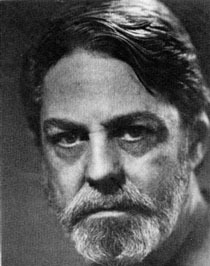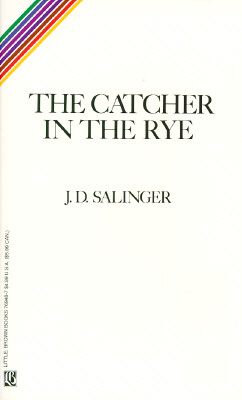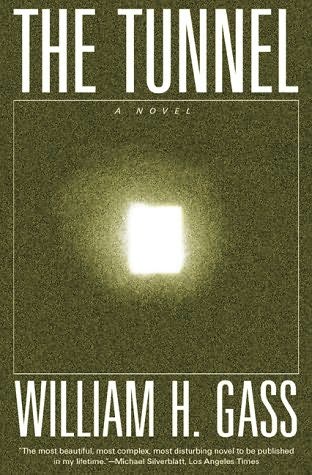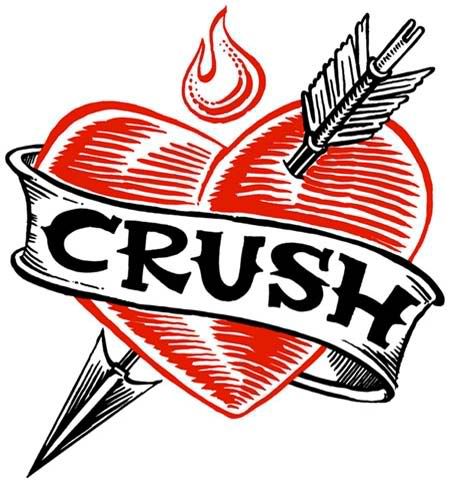
But I cannot believe that the expression of one’s ideas has anything to do with the making of literature. I don’t believe that ideas are a novelist’s problem. Ideas should be left to the people who have ideas—philosophers, politicians, teachers. Artists can be extremely dull in terms of what they believe, what they say, and what they do in their lives. Writers don’t think. . . . It was [William Carlos] Williams who said that "The poet’s intelligence is made manifest in his poem." If one is a writer one must work with words, and the words have to be set down in such a way that something beautiful is made.
Gilbert Sorrentino, in this interview.




















